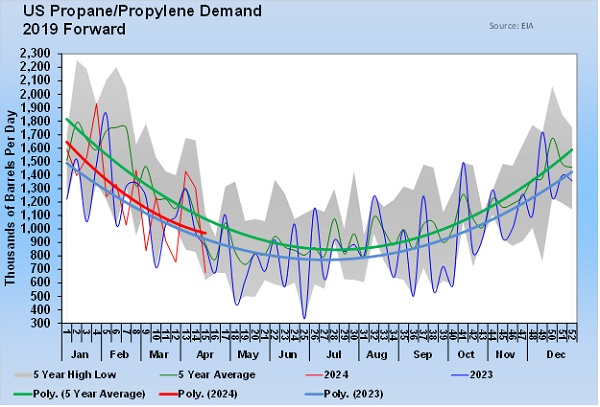Millennials positioned for sales success
It may have all started with Moses. He carried his talking points on stone tablets.
Then there were the snake oil salesmen. Given the gift of gab (and deception), they could sell ice cubes to the Eskimos.
The traditionalist generation sold loyalty. They networked via their institutions (churches, clubs, government and military). They worked in a chain-of-command culture. And if their sales were falling short of plan, they’d make it up in effort. Giving it your all and a job well done were rewards in themselves.
Baby boomers rebelled against the institutions. They wanted change. And they were optimistic enough to believe they’d have it. There was a boom in production of consumer goods. There was the promise of a good education for all. They enjoyed a relatively affluent, opportunity-rich business environment. And they are highly competitive. Winning, recognition and status replaced the satisfaction of a job well done.
Enter Generation X and an environment of skepticism. They were bombarded with information: A media explosion. This new barrage of transparency exposed traditional institutions and caused Gen Xers to count more on their peers and themselves to get things done. They are an extremely resourceful and independent generation.
And now the millennials. Smart, practical, tech savvy, multitaskers. They network via social media vs. traditional institutions. They prefer a diverse workplace culture, and they are collaborative.
Millennials are perfectly positioned and uniquely qualified to advance the sales profession. Sales is not an art. It’s a science. It’s not a personality trait. It’s a business discipline. Sustainable sales success is produced by sales professionals who are smart, practical, tech savvy, multitaskers. They network via social media. They prefer a diverse workplace culture, and they are collaborative.
Being perfectly suited for something doesn’t necessarily mean you’ll do well with it. A tool or talent is only useful and effective in the hands of someone who understands how it works. In sales, the tool is the process.
Every sales transaction follows a sales cycle. Generally the sales cycle progresses like a clock, clockwise from: an opportunity, to prospect engagement, to a conversation, to a proposal, to a yes or no. Map your specific sales cycle. Then overlay the processes that are required to advance you through your sales cycle. To identify an opportunity requires a lead generation process. Engaging a prospect requires an engagement method (email, phone calls, face to face, etc.) and process. Your conversation is a process. Who do you speak with? What will you say? Presentation of your proposal is a process. And finally, the yes or no from your opportunity is the end of the sales cycle but the beginning of the success ratio analysis.
It is essential, at the end of your process, that you capture your close rate. How many yeses did you get vs. how many proposals you offered? Now that you’ve mapped your sales cycle and overlaid your processes, you’ll be able to calculate your overall close rate and specific process success rates. Quantifying these process success ratios will assist you in improving your overall close rate.
If your overall close rate is low, you may find that the quality of your opportunities is poor because you’re using old lead lists instead of social media. Perhaps you’re not using a customer relationship management system. Or most of your opportunities are not coming from personal referrals. Millennial skills effectively executed will produce superior sales results with less effort.
It may be that the cause of your low close rate is elsewhere in your sales process. It may be in your prospect engagement method. It may be that your conversation is scripted and considered disingenuous. Or your proposal needs adjusting. By mapping your cycle, overlaying your process and tracking your success ratios, you will be able to take productive action immediately. Millennial talent becomes an effective sales tool.
Of course this science is available to the traditionalists, the baby boomers and the Gen X sales professionals. They may find it particularly useful when selling to millennials.
Millennials must also keep in mind that while this approach mirrors whom they are, it is inherently a tool designed for customization to an unlimited variety of situations. It is not a one-size-fits-all method. After all, you will be selling to traditionalists, baby boomers and Gen Xers, as well.
Monte Bambrough is a sales productivity coach working with field and inside sales teams. He can be reached via his website at www.salesproductivitycoach.info.

















Great article! With the CRM technology available to track performance with ease, the onus is now on sales people to show that they have the skill to teach massive value to customers in a commodity market. The days of playing the price game are for the dogs, while the true champions will deliver value and make people happy to pay for it!